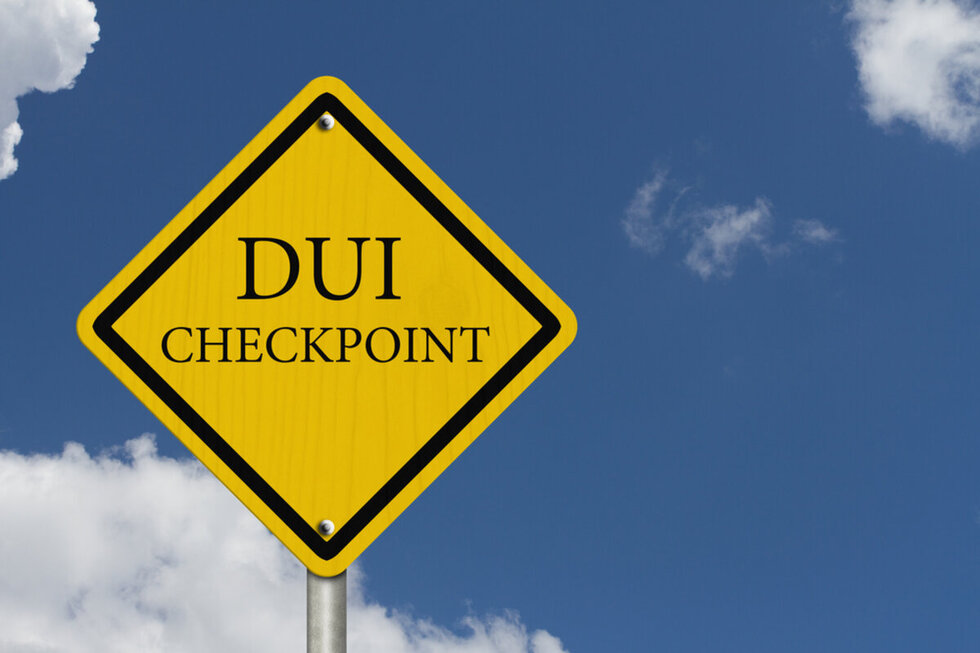
Driving under the influence (DUI) checkpoints are a common sight in many U.S. states, including Georgia. Their primary purpose is to deter drunk driving and ensure the safety of road users. While they serve a crucial function, many drivers often wonder if they can avoid these DUI checkpoints. In this blog, we’ll discuss the legalities and considerations surrounding this common question.
Legality of DUI Checkpoints in Georgia
Before addressing the avoidance of these checkpoints, it’s essential to understand their legal foundation in Georgia.
Constitutionality of Checkpoints
In Georgia, DUI checkpoints, often termed “sobriety checkpoints,” are deemed constitutional as long as they adhere to specific guidelines. These guidelines ensure that individual rights aren’t violated while promoting road safety.
The Predetermined Criteria
Checkpoints cannot be established randomly. The law enforcement agency must utilize a predetermined and neutral formula for stopping vehicles, ensuring that drivers aren’t singled out without a valid reason.
Is it Legal to Avoid DUI Checkpoints?
Given the prevalent discussions about DUI checkpoints, many residents wonder about the legal implications of sidestepping these stops.
Act of Avoidance
When it comes to the central question, “Is it legal to avoid a DUI checkpoint in Georgia?”, the answer leans toward the affirmative. Georgia law doesn’t expressly prohibit drivers from turning around to avoid a DUI checkpoint, as long as they do so safely and without violating any traffic laws.
However, Be Cautious
While avoiding a checkpoint might not be an offense in itself, certain actions taken during the avoidance can attract attention. For instance, making an illegal U-turn, speeding away, or showing erratic behavior can give law enforcement probable cause to pull the driver over.
Implications of Avoiding a DUI Checkpoint
Beyond the immediate legal aspects, the decision to sidestep a DUI checkpoint can carry other implications.
Perception of Guilt
Choosing to avoid a DUI checkpoint, especially in a conspicuous manner, might be perceived as an admission of guilt or an attempt to hide something, even if the driver has no ill intent.
Potential Unforeseen Complications
If a driver attempts to evade a checkpoint but ends up being pulled over for a separate traffic violation, the stop can lead to further scrutiny. This might include field sobriety tests or other checks based on the officer’s discretion.
Ethical Considerations
From an ethical standpoint, while drivers might have personal reasons for wanting to avoid delays or interactions at checkpoints, one should consider the broader community benefits these checkpoints offer in deterring intoxicated driving.
Weigh the Pros and Cons of Avoiding a DUI Checkpoint in Georgia
While Georgia law doesn’t directly penalize the act of avoiding a DUI checkpoint, the action is not without potential pitfalls. Drivers should weigh the pros and cons, ensuring they act within the bounds of the law and consider the broader implications of their choices. Most importantly, irrespective of one’s stance on DUI checkpoints, the cardinal rule remains clear: always drive sober and ensure the safety of oneself and others on the road. Contact Brett Willis Law LLC today to learn more about the legalities behind avoiding a DUI checkpoint in Georgia.
Willis Law today to learn more about the intricacies of refusing a breathalyzer.
